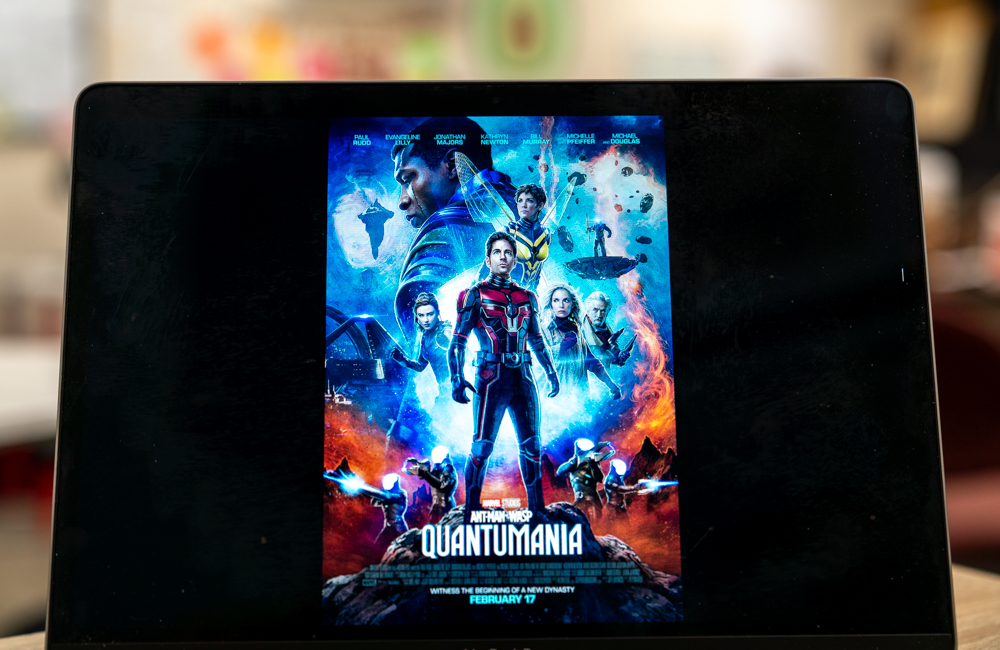I’ve had to “eat the rich” so much in cinema this past year that I’m starting to feel full. Between movies like “The Menu” and “Triangle of Sadness” – recently nominated for the Academy Award for Best Picture — and shows like “The White Lotus,” there’s been an overabundance of movies centered around the upper class.
I enjoy a rich-skewing satire as much as the next person, and while they are entertaining, their executions are underwhelming. They take a surface-level approach to their storytelling, offering only the safest critiques of class — reducing its affluent targets to caricatures. How are these films supposed to take a bite out of the one percent if they lack the teeth to do so?

“Infinity Pool” is the antithesis — or the antidote — to this current trend in art. Sharp in its exploration of how wealth corrupts all it touches, this sci-fi thriller plunges its audience into a terrifying landscape of debauchery and sadism. If the recent season of “The White Lotus” was discomforting, then “Infinity Pool” feels like a transmission straight from a nightmare.
In Brandon Cronenberg’s third feature, author James Foster — played by a brilliant Alexander Skarsgård — visits a luxury resort with his wife to find inspiration for his next novel. A tourist in an unfamiliar setting, James wears his inherent privilege like a safety blanket, but the narrative doesn’t take long to yank this security away from him.
When a day of reckless behavior culminates in death, James is forced to make an unusual choice: be executed or pay for a clone to be created and killed instead. James’s decision is obvious, yet its ramifications awaken something sinister within him. What else can he get away with if there are no real consequences for his actions?
Guided by a fellow tourist named Gabi — played by Mia Goth, who is just as frightening here as in last year’s “Pearl” — James is quickly seduced into a depraved world of sex and violence. The film repeatedly pushes the limits of its R-rating to extremes, but the shocking content depicted never comes off as unwarranted.
The satirical humor utilized throughout “Infinity Pool” is excellent because it accentuates the story’s viciousness. Through this blend of horror and humor, Cronenberg takes direct aim at the protection that comes from being rich. It is easy for those with financial power to be comfortable with cruelty.
This sense of practicality extends to the film’s final moments — a conclusion that some might consider unsatisfying. In films about the wealthy, there seems to be a need for catharsis in the final act, and at times these resolutions come across as nothing more than fulfillment for the audience.
The pessimistic ending in “Infinity Pool” is apt because it doesn’t provide a false comeuppance that would feel out of place with the rest of the movie. Like the characters, the viewer is left in a feedback loop of desolation.
Taking both commercial and critical success into account, it might be awhile before the trend of art about the wealthy passes. I’m not the first person to write about this phenomenon, and I won’t be the last. I hope that films as provocative as “Infinity Pool” — films that aren’t afraid to take massive swings, even if they don’t always land — get the recognition they deserve.































































































































